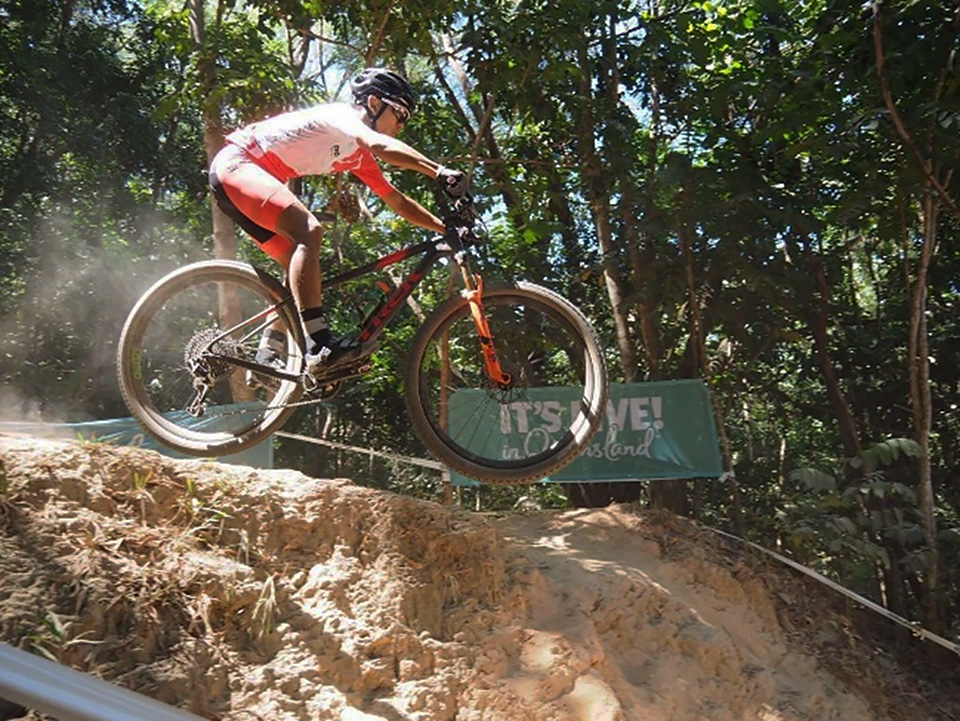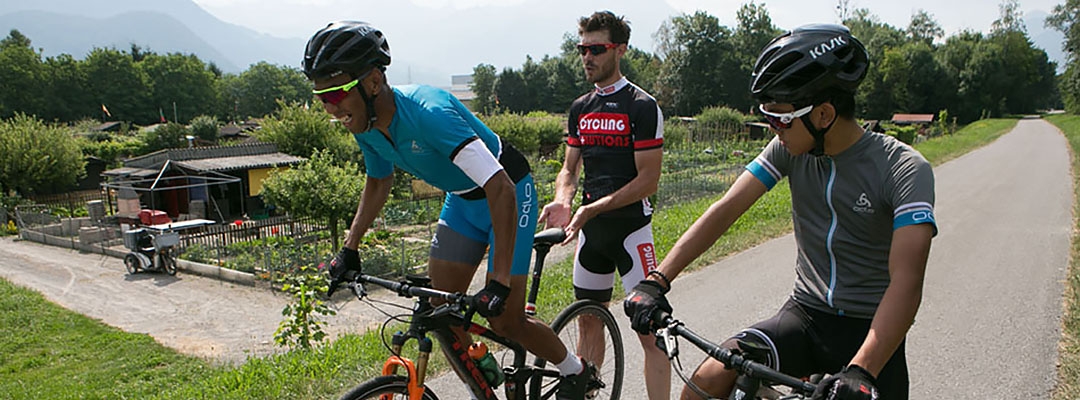School
School - Road Safety
Basic Road Safety (Beginners)
Under this section, this is the basic safety aspects/tips of what a cyclist of any level should know to enhance their safety while using their bicycles on the roads. Nonetheless, this is also to keep them informed about the rules and regulations governing as well as to prevent accidents.
- Protect your head from injury by wearing a safety cycling helmet.
- Be in appropriate attire while cycling. Avoid wearing slippers, baggy long pants and dresses/skirts while cycling.
- Sturdy, covered shoes are highly recommended.
- Ensure that you get a bike that fits you appropriately. A good gauge is that both feet must be able to touch the ground and your upper body is able to lean slightly forward while holding on to your handle bars without causing pain.
- Adhere and abide to all traffic lights and laws on the road.
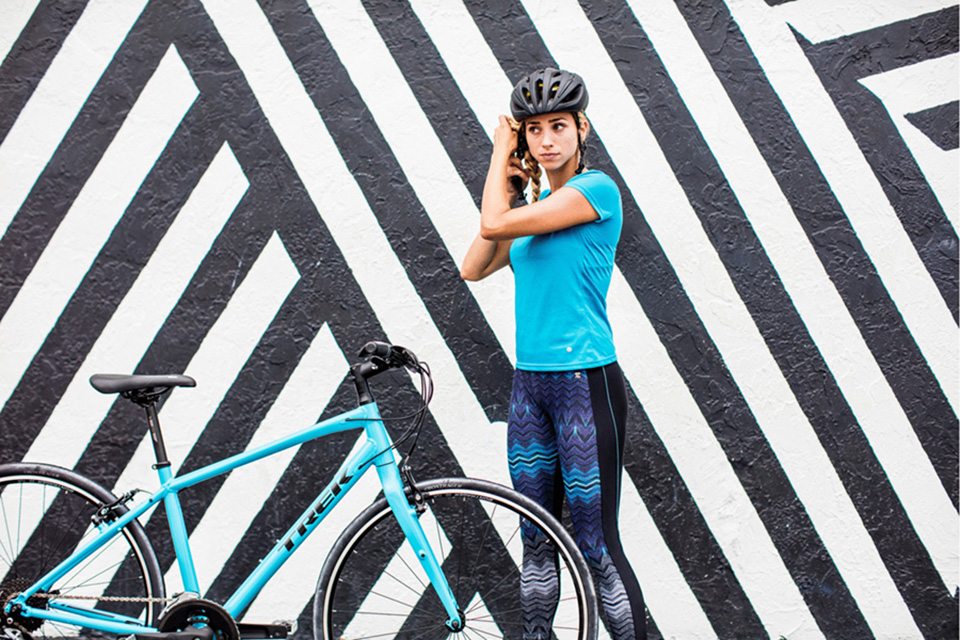
Intermediate Road Safety (Fitness Riders)
At the intermediate level, you should be able to cycle with ease and reasonable pace. As the speed increases, so does the reaction time, therefore it's imperative that you keep a constant look out for road hazards and danger. Here are some tips to keep yourself away from these dangers.
- Other than the basic kit that you are wearing, you should invest on a good set of eyewear to prevent dust/debris that can potentially get blown into your eyes which cause your vision to be temporarily blurred.
- Do a quick check on your bicycle. Ensure that the brakes are in good working condition. Ensure that your tyres are properly inflated to the right pressure.
- Be properly hydrated by carrying a water bottle or a hydration pack.
- If you are using clipless pedals, look ahead and un clip in advance.
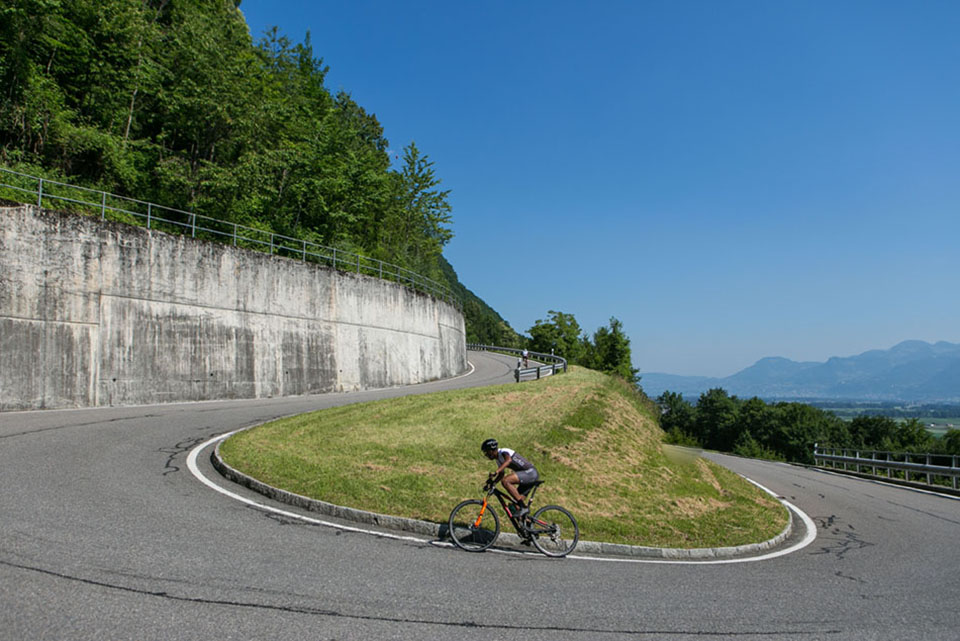
Advance Road Safety (Riding in a group)
Busy roads, group rides or solo rides are how people usually go about on their road rides. For an expert, following someone who is faster than you can help you improve. Hence, this section will give you some advice for riding and proper hand signals when you ride in a group on the roads.
- Indicate intention early and use hand signals to notify fellow cyclist and motorist if you're turning and/or stopping.
- Pass down and echo out in a firm and audible manner to alert the pack when there are debris, potholes or possible dangers ahead.
- Be aware of what is happening around you and be prepared to anticipate for sudden braking.
- Do not beat the red light in the event that you are left behind by your pack. Just echo down to the pack ahead to slow down.
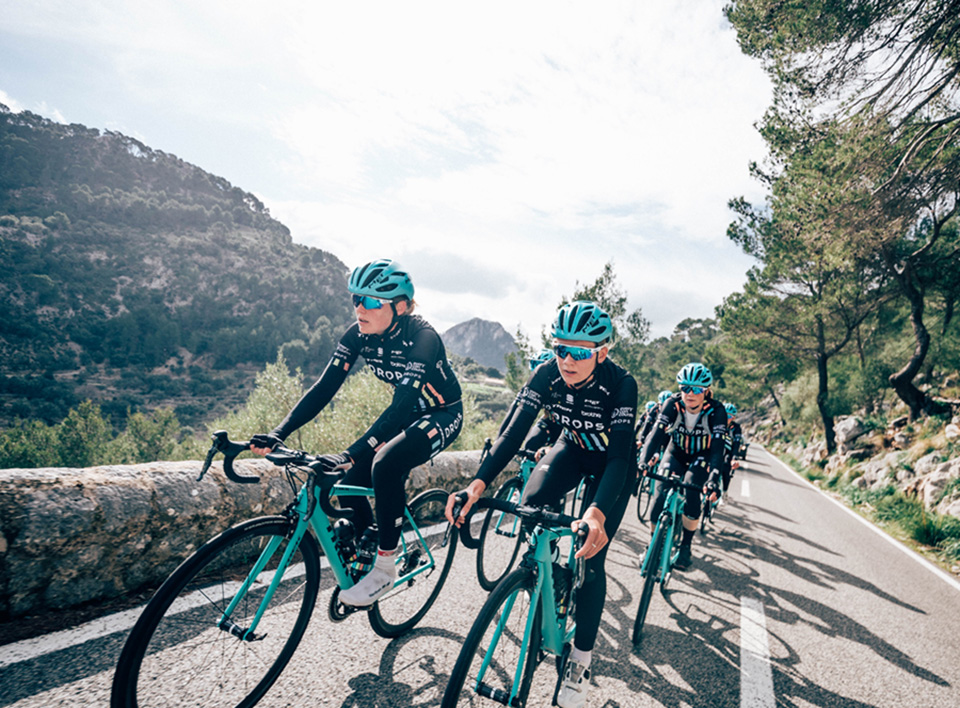
Mountain Biking Etiquette (Mountain Biker)
Mountain Biking is a sports where it requires a lot of focus. It is important to get your physique and stamina up but it is also important to build up on proper techniques of riding properly in trails. Here are some common etiquettes:
- If you are unfamiliar with the terrain, keep things slow which gives you full control of the bike. When doing so, keep to the left side of the trail so faster riders can make their pass.
- Call out to slower riders when you are overtaking them so they will have time to react and find a better line to prevent accidents.
- Shift your gears appropriately to climb and descend to maximize the lifespan of your bicycle.
- Try to avoid hard braking. This is to reduce erosion which damages the trail.
- Do not litter and create a ruckus in the trails as you will destroy the nature and ecosystem within the trails.
- Be self sufficient in terms of hydration and spares as you might be caught with mechanical failures and even tyre punctures.
